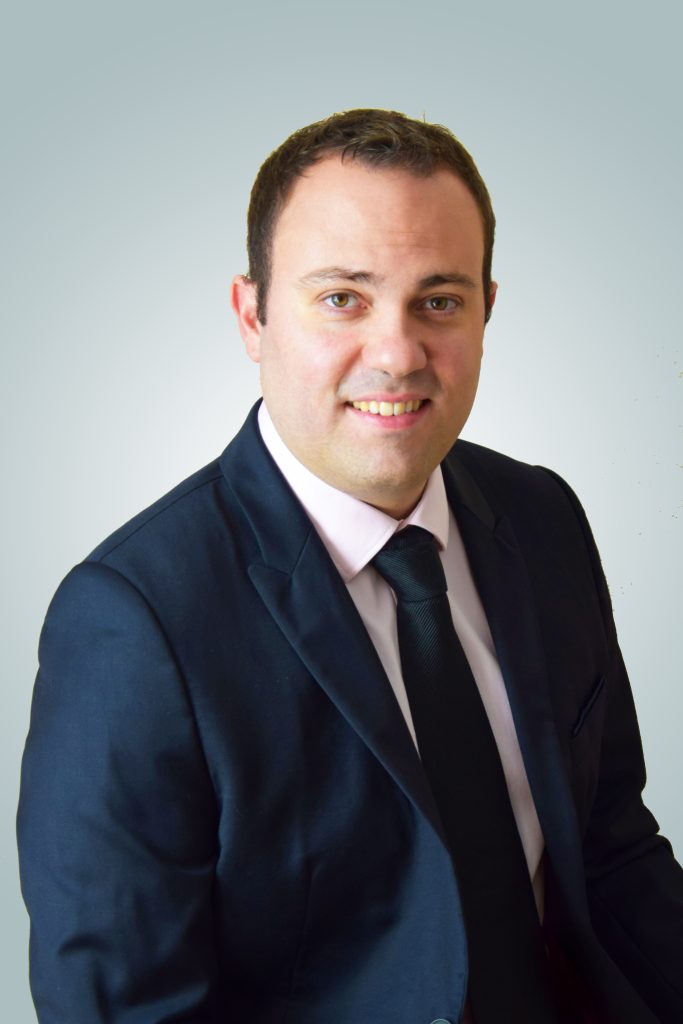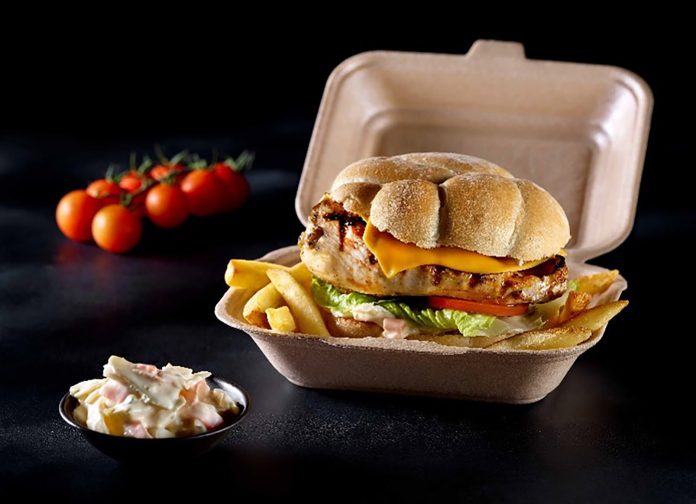Vincent Gass shares key insights from six decades at the forefront of food packaging
When the first Klöckner Pentaplast (kp) facility opened its doors in 1965, The Beatles were still together, the first commercial communications satellite had just launched, and the world was just beginning to embrace plastic as the packaging material of the future. Since then, we’ve seen the rise of personal computers, mobile phones, the internet, and a complete transformation of how the world thinks about packaging and sustainability.
By any measure, sixty years is a remarkable achievement in the packaging industry. Since kp’s founding, we’ve seen seismic shifts in the packaging landscape that have reshaped everything from materials and manufacturing to regulations and consumer expectations.
The packaging world of 1965 would be unrecognisable today. The products we protect now – from ready meals and convenience foods to specialised pharmaceutical packaging – were barely imaginable then. The regulatory environment has evolved dramatically, with today’s complex requirements around food safety, material traceability, and environmental impact. Consumer expectations have undergone multiple revolutions, from the rise of convenience culture to the current emphasis on sustainability and circularity.
Throughout these changes, we have consistently led the way in anticipating and shaping industry trends. While others reacted to changes, we’ve focused on driving innovation that addresses tomorrow’s challenges, today. Well before carbon footprint and circularity became industry buzzwords, we were developing more resource-efficient solutions and exploring ways to close the packaging material loop.
Our early commitment to sustainability reflected our understanding that long-term success demands looking beyond immediate market demands. Drawing on 60 years of expertise, here are some key insights that continue to shape how we approach packaging development and partner with our customers.
We’ve learned:
Sustainability and performance are not mutually exclusive
A persistent myth in our industry suggests businesses must choose between sustainability and performance. This has led many companies to compromise, either sacrificing product protection or falling behind on sustainability.
Our experience shows a better way. Take kp Elite®, which (pictured below) combines up to 100% recycled PET content with superior sealing capabilities and product protection and has achieved Tray Circularity Evaluation Platform (TCEP) endorsement.

Another example (below) is kp Infinity®, our fully recyclable EPP-based foodservice packaging developed in response to the UK’s single-use EPS packaging ban. It outperforms alternatives in keeping food hotter for longer.

The key is approaching sustainability as a design principle, not a bolt-on. Having worked through multiple waves of environmental legislation since the 1960s, we know that getting ahead of regulatory changes creates opportunity. Today, with the EU’s Packaging and Packaging Waste Regulation (PPWR) on the horizon, this proactive approach is more valuable than ever.
We’ve learned:
Supply chain resilience demands local expertise with global reach
Recent years’ disruptions have highlighted the importance of supply chain stability. To our team, stability come from a deep, systematic capability to adapt to change.
Operating 30 plants across 18 countries give kp unmatched flexibility. But resilience comes from combining global scale with deep local knowledge – understanding regional dynamics, regulations, and consumer preferences. This has proven invaluable in helping customers navigate everything from local regulation to global supply chain shocks.
Take our St Helens facility in the UK; a vital supply source for foodservice businesses navigating the single-use EPS packaging ban. Our commitment to local manufacturing, informed by global expertise, has shown its value during times of supply chain stress.
The challenges of recent years – pandemic disruptions, raw material shortages – weren’t entirely new. Complex supply chains have always faced volatility, whether due to regulatory shifts, logistical bottlenecks, or geopolitical changes. What’s changed is the scale and speed. Our long experience managing these kinds of pressures has shaped our ability to respond quickly, adapt locally, and support customers through uncertainty.
We’ve learned:
Great innovation happens at the intersection of technology and insight
The most meaningful innovations require both technological capability and deep market understanding. Even the best technical solution fails if it doesn’t meet real-world needs.
Our kp Tray2Tray® initiative reflects this. While PET is highly recyclable, food-grade material was being lost to downcycling. The challenge was creating a closed-loop system that worked commercially. By engaging the entire value chain, we’ve delivered both environmental and business benefits. What’s more, we delivered an exciting market-first by developing and launching trays made entirely of recovered tray flake through the kp Tray2Tray® initiative. The resulting kp 100% Tray2Tray® has recently won the prestigious Plastic Packaging Product of the Year” at Plastics Recycling Awards Europe 2025.

The same applies to kp Zapora®, which eliminates absorbent pads in protein packaging. The technology works, but its value lies in addressing processor needs and consumer pain points. Pads were a recycling challenge and a consumer annoyance – the solution solved both without compromising performance.
We’ve learned that successful innovation depends on viability and practicality. That understanding helps us avoid innovation for its own sake and focus on what creates real value.
And ahead to the next 60 years
As we mark our 60th anniversary, the packaging industry faces significant challenges. But we’ve never felt more optimistic. The principles that have guided us – innovation, customer focus, sustainable solutions – are more relevant than ever. The next 60 years will bring new challenges and opportunities, and we’re ready to meet them.

Our journey has shown that success in packaging comes from why you make it and how you work with others. That’s why we call it “Packaging with Integrity” – a philosophy that’s guided us for 60 years and will continue to do so.
The industry will evolve, but the need to protect products while meeting environmental responsibilities remains constant. Meeting these demands will take collaborative innovation, deep expertise, and a relentless focus on value.
Vincent Gass is VP Strategic Marketing & Innovation, at kp Food Packaging






